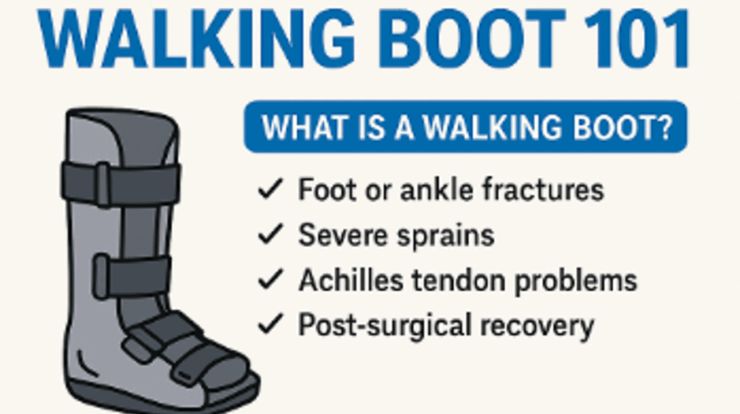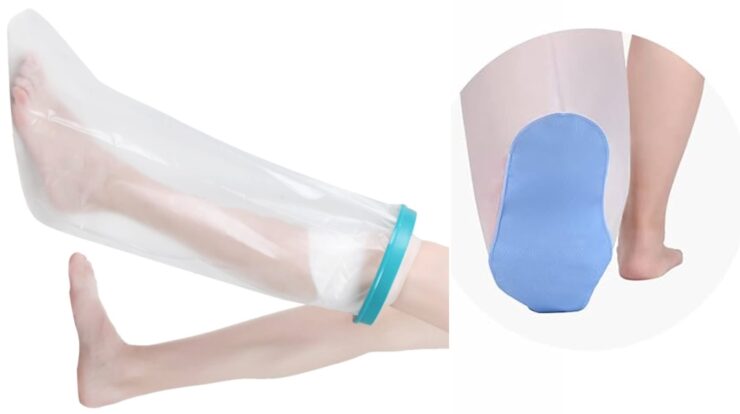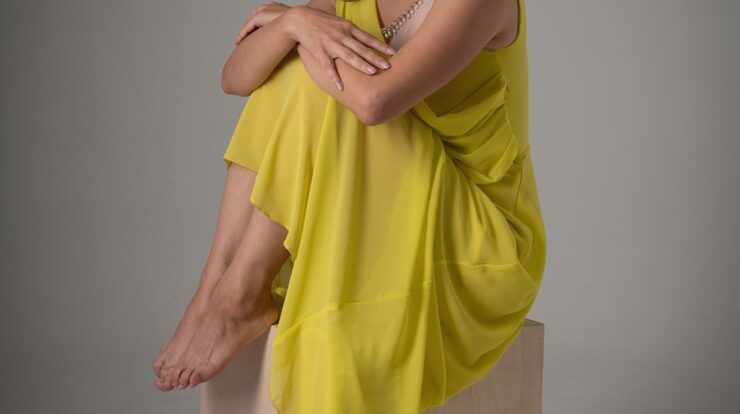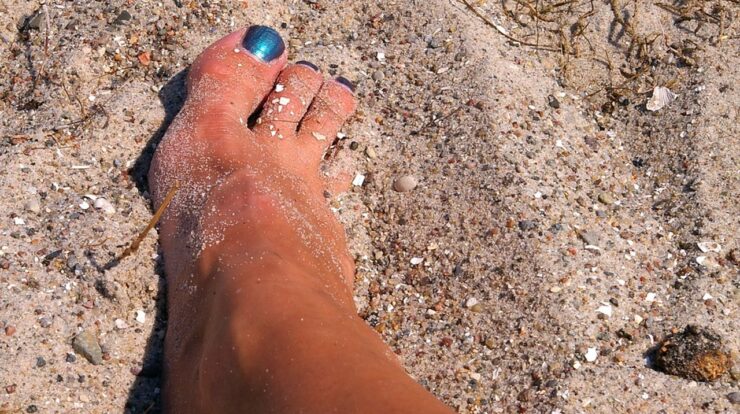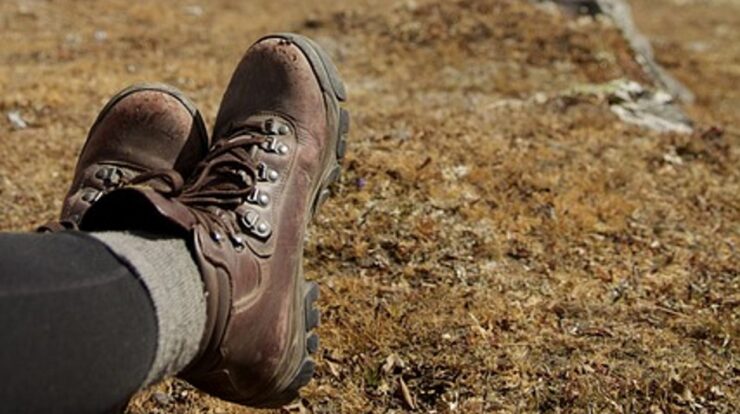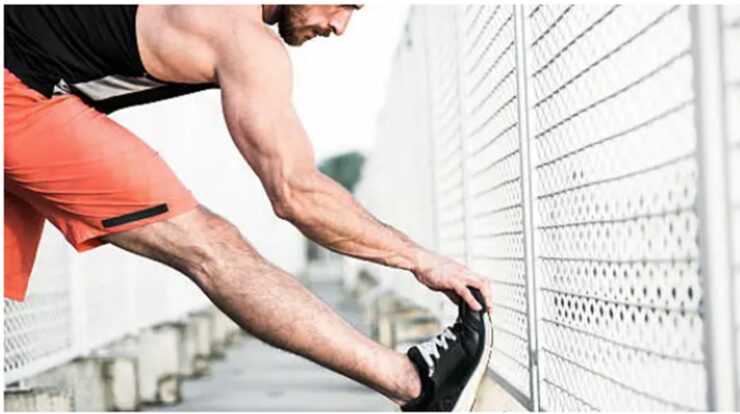
Running with Achilles tendonitis can be a painful challenge, but the right shoes can make a significant difference. Achilles tendonitis is an overuse injury that affects the tendon connecting the calf muscles to the heel bone, often causing pain, stiffness, and inflammation.
To ease discomfort and avoid further injury, choosing a pair of running shoes designed to support the Achilles tendon is essential. Here’s a guide to finding the best running shoes for Achilles tendonitis, including the features to look for and top recommendations to help you stay active and pain-free.
Key Features to Look for in Running Shoes for Achilles Tendonitis
To protect and support the Achilles tendon, look for running shoes with specific features that provide stability, cushioning, and flexibility.
- Heel Drop: A higher heel drop (6-12 mm) can help reduce strain on the Achilles tendon by slightly elevating the heel and reducing the stretch on the tendon. This can relieve pressure and pain, especially during long runs.
- Cushioning and Shock Absorption: Well-cushioned shoes absorb the impact of each step, reducing stress on the Achilles tendon and surrounding muscles. Look for shoes with responsive, soft midsoles to provide comfort with each stride.
- Firm Heel Counter: The heel counter is the part of the shoe that wraps around the back of your heel. A firm heel counter provides stability, keeps your foot securely in place, and helps control motion, which can reduce the risk of aggravating the tendon.
- Arch Support: Proper arch support is essential for distributing weight evenly and reducing strain on the Achilles tendon. Shoes that offer stability and support, particularly for runners with flat feet or high arches, can help maintain a healthy alignment.
- Flexible Midsole and Forefoot: A flexible shoe allows your foot to move naturally and prevents added tension on the Achilles tendon. Look for a shoe that provides support in the heel and arch but allows flexibility in the front.
- Lightweight Design: Lightweight shoes reduce overall impact and strain, which can be especially beneficial for those with Achilles tendonitis. Less weight means less effort is required with each step, helping minimize the load on the Achilles tendon.
Top Running Shoes for Achilles Tendonitis
Based on these criteria, here are some of the best running shoes for people dealing with Achilles tendonitis. Each of these models offers a combination of support, cushioning, and flexibility to help protect and support the Achilles tendon.
1. ASICS Gel-Nimbus 25
- Key Features: High level of cushioning, heel drop of 10 mm, and Gel technology for shock absorption.
- Why It’s Good: The ASICS Gel-Nimbus series is known for its plush cushioning, making it a top choice for reducing impact on the Achilles tendon. The Gel-Nimbus 25 has a supportive heel counter and ample cushioning, offering comfort for those with tendonitis.
2. Brooks Ghost 15
- Key Features: 12 mm heel drop, DNA Loft cushioning, lightweight and breathable.
- Why It’s Good: The Brooks Ghost 15 is a popular choice for runners with Achilles tendonitis due to its high heel drop, which reduces strain on the tendon. The DNA Loft cushioning provides a soft landing, while the shoe’s light design and smooth transitions make it a great option for long runs.
3. Nike Air Zoom Pegasus 40
- Key Features: 10 mm heel drop, Zoom Air cushioning, flexible midsole.
- Why It’s Good: The Pegasus 40 combines responsive cushioning with a supportive heel, making it a versatile choice for those with Achilles issues. The Air Zoom units in the midsole provide bounce and impact absorption, while the flexible forefoot reduces stress on the tendon.
4. New Balance Fresh Foam 1080v12
- Key Features: 8 mm heel drop, Fresh Foam cushioning, breathable knit upper.
- Why It’s Good: Known for its soft and supportive cushioning, the New Balance Fresh Foam 1080v12 offers a balanced feel that helps reduce Achilles strain. The 8 mm heel drop provides mild elevation, while the flexible knit upper allows for a natural range of motion.
5. HOKA Clifton 9
- Key Features: 5 mm heel drop, lightweight, EVA foam cushioning.
- Why It’s Good: HOKA’s signature thick sole provides excellent cushioning, reducing impact on each stride. Although the heel drop is slightly lower at 5 mm, the Clifton 9’s deep, plush cushioning and supportive structure make it a comfortable option for those with mild to moderate Achilles tendonitis.
6. Saucony Triumph 20
- Key Features: 8 mm heel drop, PWRRUN+ cushioning, durable heel support.
- Why It’s Good: The Saucony Triumph 20 features plush cushioning and a high-energy return, offering a supportive yet responsive feel. The 8 mm heel drop reduces strain on the Achilles, and the PWRRUN+ midsole provides a springy, lightweight ride.
7. Mizuno Wave Rider 26
- Key Features: 12 mm heel drop, Wave Plate technology, breathable mesh.
- Why It’s Good: The high heel drop and Wave Plate technology of the Mizuno Wave Rider 26 work together to support the heel and minimize Achilles strain. The shoe’s Wave Plate also stabilizes the foot without compromising flexibility, making it ideal for both comfort and protection.
Tips for Running with Achilles Tendonitis
In addition to wearing the right shoes, here are a few tips to help you run more comfortably if you’re dealing with Achilles tendonitis:
- Warm Up and Stretch: Proper warm-ups are essential for protecting your Achilles. Try calf stretches, toe stretches, and ankle rotations before you start running to loosen the tendon and surrounding muscles.
- Start Slow and Gradual: Begin with shorter, slower runs to see how your Achilles responds, and gradually increase the intensity and distance as it strengthens.
- Incorporate Rest Days: Take rest days between runs to give your Achilles tendon time to recover and avoid overuse.
- Consider Inserts or Orthotics: Custom or over-the-counter orthotics can provide additional arch and heel support, which can help reduce strain on the Achilles.
- Avoid Hills and Uneven Surfaces: Uphill running puts extra strain on the Achilles tendon. Stick to flat, even terrain until your tendon is fully healed.
- Listen to Your Body: If you feel pain, don’t push through it. Achilles tendonitis can worsen with repeated stress, so stop and rest if you’re experiencing discomfort.
When to See a Specialist
While a supportive pair of running shoes can be very helpful, Achilles tendonitis may require professional care if:
- Pain persists despite using supportive shoes and rest.
- There is noticeable swelling, warmth, or redness around the Achilles tendon.
- Walking or putting weight on the foot becomes painful.
A physical therapist or podiatrist can provide personalized exercises and treatments to help with tendon healing and prevention.
In Summary
The right pair of running shoes can significantly ease the discomfort of Achilles tendonitis and support your healing process. Look for shoes with a higher heel drop, cushioning, and firm heel support to reduce strain on the tendon.
With proper footwear, supportive habits, and a gradual return to running, you can keep moving while managing Achilles tendonitis.

